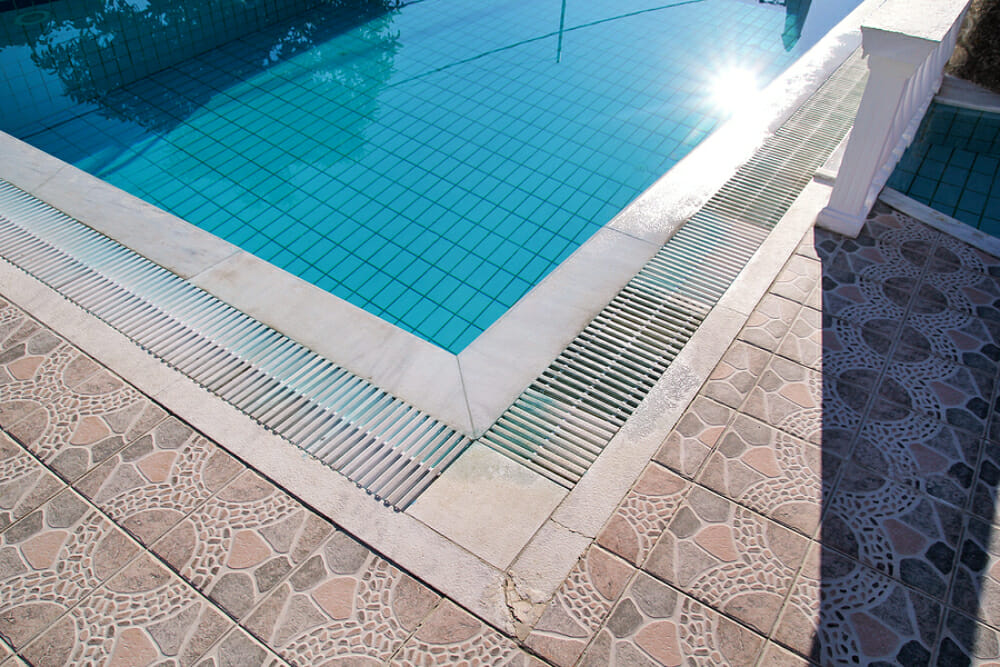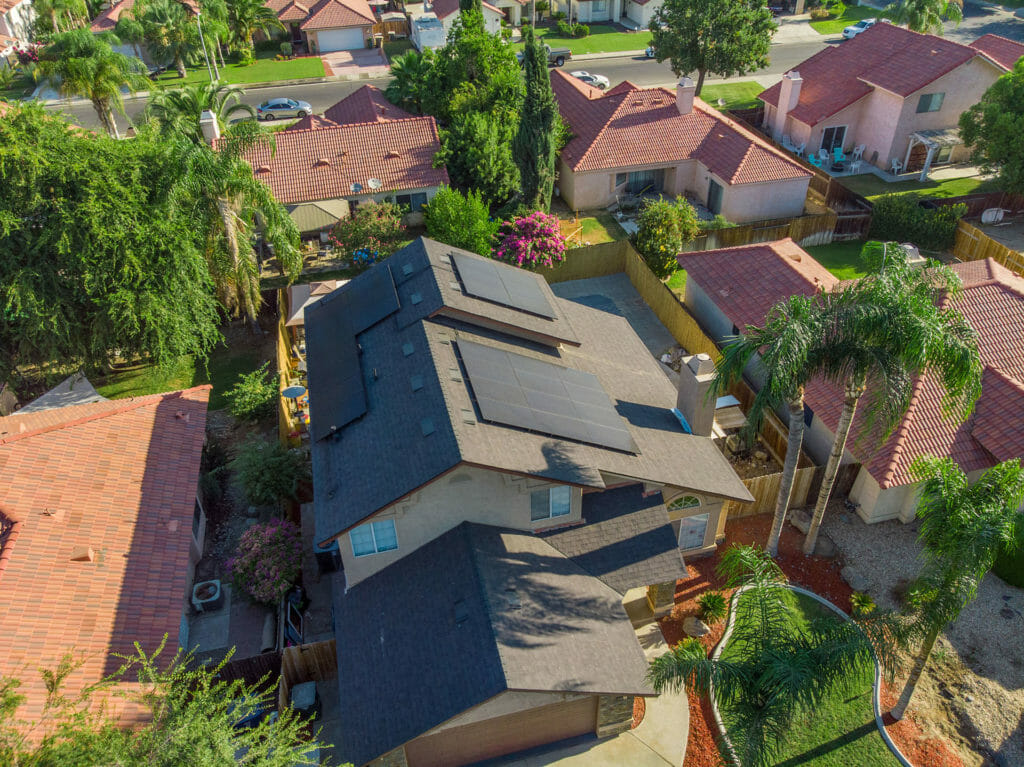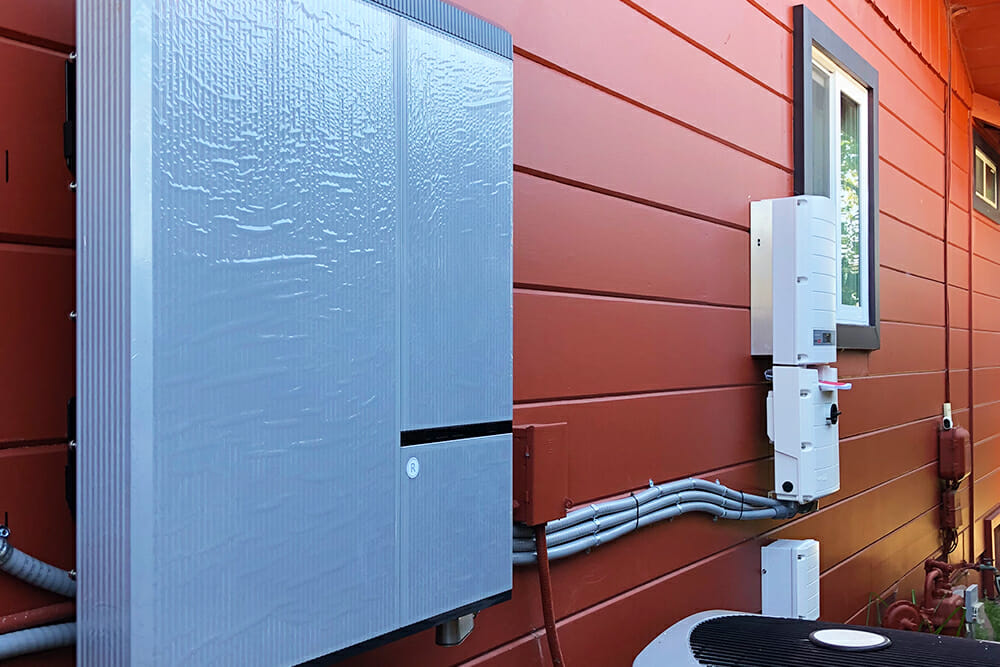From 2010 to 2019, the United States installed over two-million solar systems, with California the number one state in the country for solar at nearly one-million units installed.
As the market for solar steadily grows, an increasing number of houses with pre-installed solar power systems pop up for sale, leaving buyers with questions as to who owns the system, and if there are lease payments to be paid, or if it’s owned free-and-clear.
As it turns out, buying a home with solar is more simple than it seems. All it takes to understand the value and potential cost of solar to determine if the system is financed under a solar lease or if the home sellers own the system.
If the system was acquired through a solar lease, then you might be required to take over the monthly payments.
Solar leases are quite common, as they allow homeowners who do not have the necessary upfront cash to purchase a system outright to still take advantage of the benefits of solar power. There are four types of solar financing options: leases, power purchase agreements (PPA), private loans, and PACE (property assessed clean energy) financed systems.
Solar Lease
If the home seller has a solar lease, then they do not own the solar system installed on the home. As with an auto lease, the current homeowners make monthly payments to the owner of the system, who, in this case, is the company that installed the system or paid for the installation.
Those looking to sell a home with leased solar panels have two options: transfer the lease to the buyer, or pay off the lease in full. Because solar leases can last up to twenty years, the remaining lease balance might be significant, meaning the home sellers could be more inclined to transfer the lease to you rather than pay it off.
Not all solar leases are the same, so it’s important to learn the lease terms, including the duration of the lease, how many payments remain, the cost of the payments, and who pays for potential system repairs. Be especially wary about the payment schedule: solar lease payments often increase in cost over time, so you’ll want to find out if you’re taking over a fixed-rate or adjustable-rate lease.
If you find the lease terms satisfactory, then transferring the lease is straightforward. The company that owns the system will likely run a credit check, and then transfer the lease into your name.
Power Purchase Agreement
Power purchase agreements (PPA) are similar to solar leases in that the current homeowners make monthly payments to the company that owns the solar system. But unlike a lease, the monthly fee is not flat. The rate is based on the amount of energy the solar system generates per month, making it similar to an electric bill that you receive from the local energy company.
PPAs generally have a set term of 15 or 20 years. Once the term expires, the system is removed.
You should ask the sellers what the terms of the PPA are to determine how much longer the system will be installed. If the PPA is transferred to your name, you could be looking at payments for upwards of a decade. For some home buyers, a long commitment to solar is undesirable.
Private Loans
Private solar loans are similar to car loans in that they allow the purchaser to reduce their up-front costs in lieu of smaller monthly payments made over time. Private, unsecured solar loans are tied to the seller, so you won’t be required to take on any additional monthly payments or take on any solar debt when purchasing the home.
For buyers, the downside of a private loan is that the seller may try to include the remaining balance that they owe in the price of the home. This could mean that a home is priced ten or twenty thousands dollars above market. But given that the solar system can reduce or eliminate monthly electricity costs, and the fact that you won’t have a monthly system payment to make, you could come out way ahead. It may be worthwhile to have the solar power system inspected to get a better understanding of its condition, and to get a valuation. You can then determine if the system’s value is equitable with the cost of the outstanding loan.
PACE Financing
Unlike a solar lease, PPA, or private loan, PACE financing is tied to the property, not to the individual.
Solar acquired through PACE financing is repaid through annual property taxes, not a monthly payment. When you purchase a home with PACE-financed solar panels, the home is transferred into your name, and you immediately bear responsibility for the annual property tax payment.
You may consider this annual tax a dealbreaker, but there are many benefits to PACE financing. If you manage to power the home entirely with solar, then your energy bill at the end of the month will be zero. Even if the panels only meet half of the home’s energy demand for a month, you will still see a 50% reduction in energy costs. Over the long run, you might realize a positive return when purchasing a home with PACE financed solar systems.
If the seller paid for the system up front, then you don’t need to worry about any hidden costs.
Solar systems purchased and installed with cash are not subject to the above financing options. If the seller purchased the system, they own it outright and the home is free of any solar debt.
It’s important to note that houses with solar systems are increasing in value relative to similar houses without solar. According to a recent study conducted by Berkeley National Laboratory, home values increase by 0.92% for each kilowatt (kW) of solar power installed. Based on the findings, a home with a 4 kW solar system is 3.7% more expensive than a home without solar. This data only includes houses in which the home seller owns the system, so leased and loaned systems are not part of the study.
Depending on your current and long-term financial situation, a home with solar could prove too expensive, or be a great investment. If you’re not interested in paying a premium for a home with solar, then you’ll likely decide to go with the comparable, less expensive home without solar. But if you do purchase the home with solar, there may be a chance that you could eventually sell it for above market price because of the solar system.
When deciding whether to purchase a home with solar, it’s important to determine if a solar financing option is attached to the system, and if so, what kind. You may be required to take over the loan and make monthly payments. Always ask the seller about the solar system, and speak with a financial advisor if you’re curious as to whether taking over a solar lease is the right choice for you.




